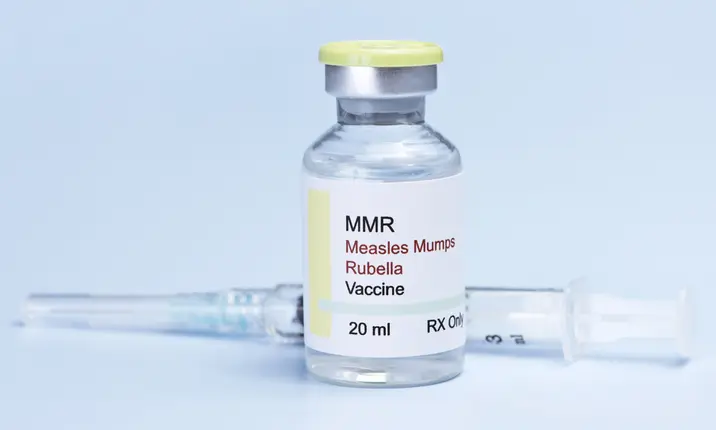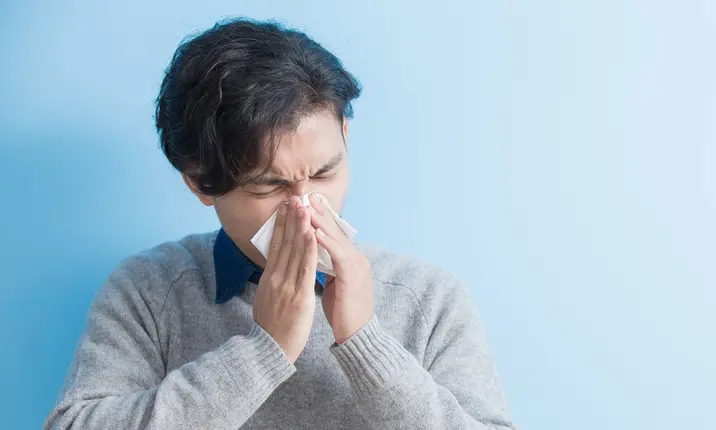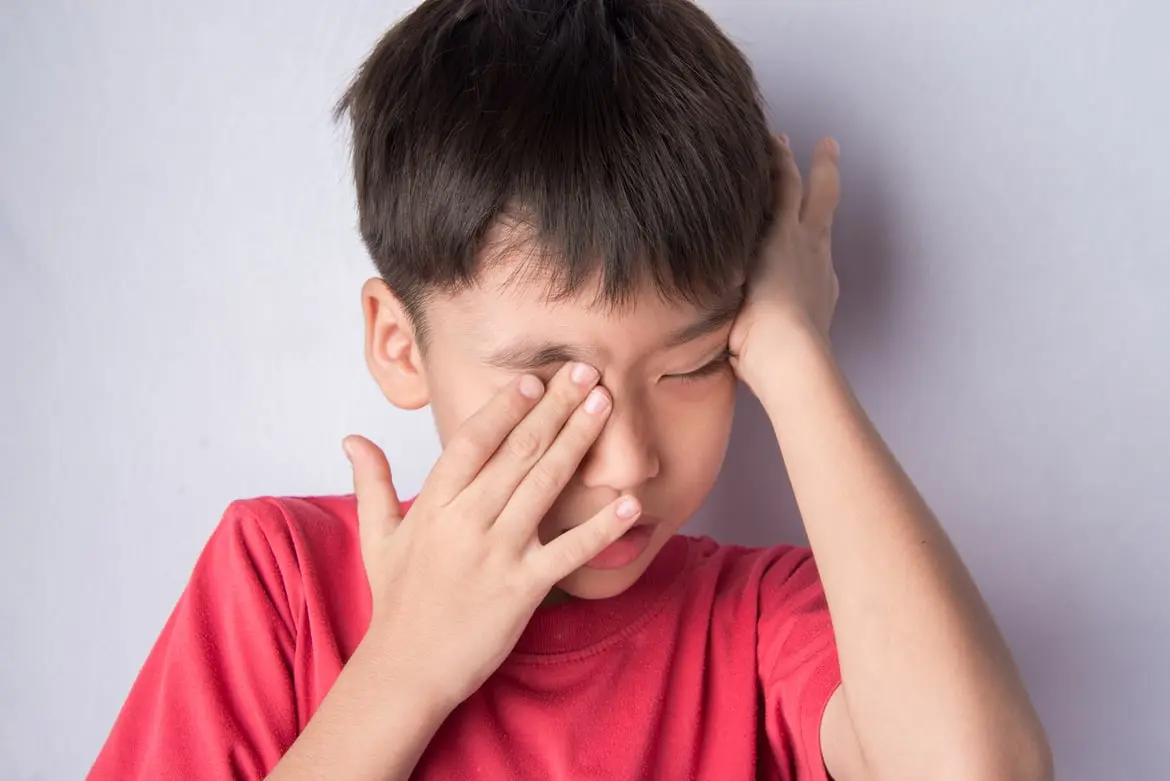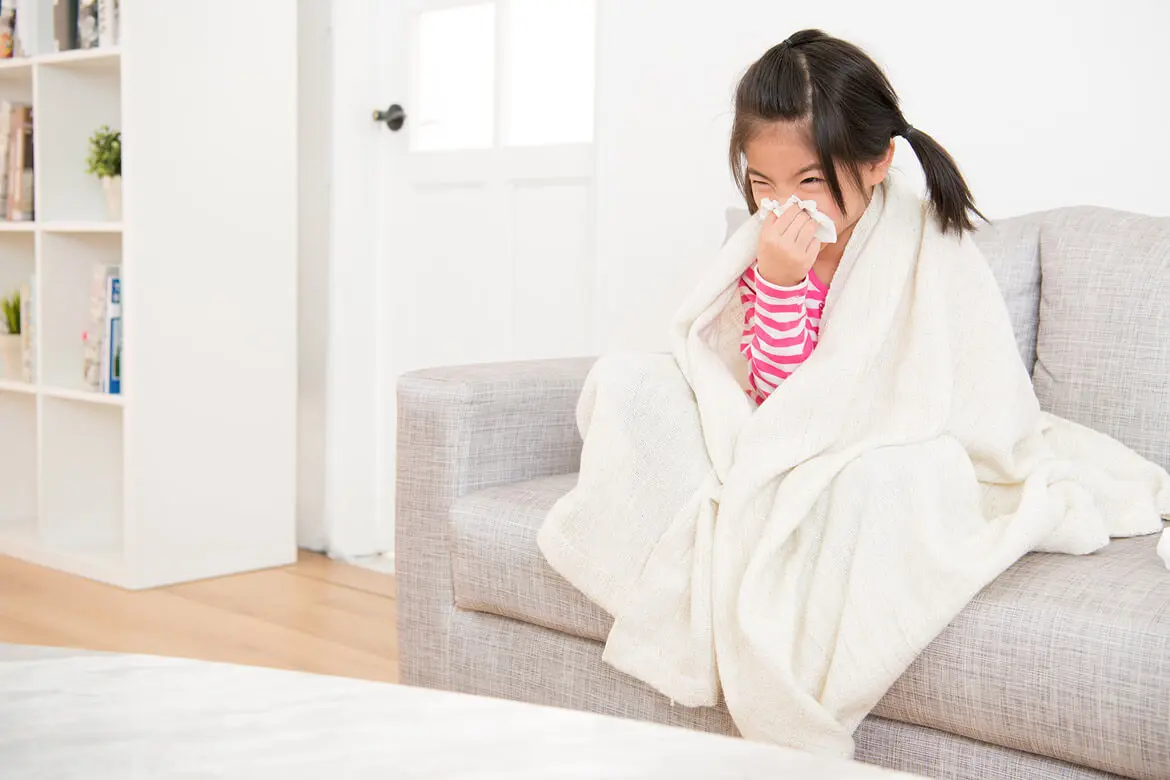1. If there is a measles outbreak in Singapore, my children could get infected.
Unlike some countries where the measles, mumps and rubella (MMR) vaccination is optional, Singapore takes a compulsory stance on vaccination against measles. This means that the local population is immunised by law against measles under the National Childhood Immunisation Programme. So, if your children have been immunised against measles, they are not at any significant risk of contracting it.
The issue is that half of Singapore's current population are foreigners, and their immunity against the virus is unknown.
If you are unsure if your family has been immunised, consult your doctor.
2. Measles is "just" a childhood rite of passage, nothing to worry about.
Measles has often been categorised as a virus to overcome during childhood, along with diseases like chickenpox. Parents would send their children to play with those known to be infected so their kids could contract the virus early to build up a natural immunity, as the virus is usually more severe when contracted in adulthood.
In some developed nations, there has been a resistance from parents to immunise their children against the measles due to links made between the MMR vaccination and autism. As a result, we are seeing a rise in outbreaks of measles in these countries again, when it was previously thought that, like smallpox, the virus has been virtually eradicated.
But the reason the measles vaccine is now compulsory in Singapore is that this disease can be fatal.
In developed countries, about 10% of measles cases are hospitalised. Around 0.2% of cases develop brain infections and 0.1% will die. While this may seem like a small statistic, it is an unnecessary one when vaccines are available.
The death rate is much higher in developing countries (5 – 10%) due to malnutrition and a lack of access to healthcare facilities. Worldwide, measles is still a major cause of death in children.
3. The measles is just a childhood disease. I can't get it as an adult.
Not true. You can get measles as an adult if you've never had it before and it will likely be more severe. The virus is known to be more severe in those under 5 and those over 20. Rare complications may include ear infections, diarrhoea, pneumonia and encephalitis (an acute inflammation of the brain that can cause deafness and brain damage).
But if you've already had measles, you now have a natural immunity to it. If you haven't been immunised and you find yourself in a room with someone who has it, you are 90% likely to contract it. Anyone who has never had the measles and has not been vaccinated against it should consult their doctor.
4. Vaccination is 100% effective.
Unfortunately, this is not quite true. Generally, 2 shots of the MMR vaccine are needed for protection. The first shot is 93% effective in preventing measles, and the second shot raises this to 97%. However, on the rare off-chance that you do develop measles after having been vaccinated, the disease is generally very mild.
5. It's too late for me to be immunised now as an adult.
This is not true. Generally, anyone 18 years of age or older, or born after 1956, should get at least one dose of the MMR vaccine, unless they can prove they have either been vaccinated or have had all three diseases (measles, mumps, and rubella).
6. I'll just stay away from anyone showing symptoms and I won't get the measles.
Measles is highly contagious, so if you don't have immunity and you've been in contact with someone who has the virus, you will likely contract it.
It is spread in the air through coughs and sneezes, and can live on surfaces and in the air for up to 2 hours, which means you can catch it in public places without knowing you’ve come into contact with it.
Measles is also infectious 8 – 12 days before symptoms appear. Signs include a flu-like illness, cough, mild runny nose and headache. You will likely go on to develop a fever, body rash and red eyes. There may also be swelling of the lymph glands in the neck. You will still be infectious for 4 days after the rash disappears.
7. I've been exposed to the measles virus and I have no immunity. There's nothing I can do to protect myself.
You can request for the MMR vaccine, but you have to get it within 72 hours of exposure for it to be effective. If you have measles, there is no specific treatment other than getting plenty of rest, staying hydrated and staying at home until you are no longer contagious.















